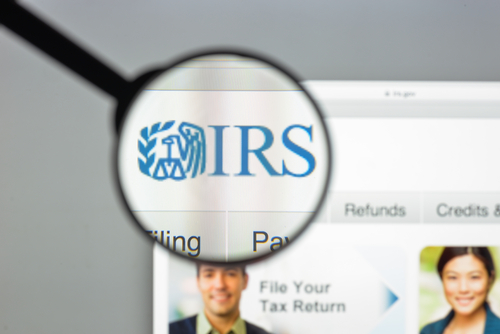- Everyone Needs a Little Foresight
- (484) 368-3183

RETIREMENT BASICS: UNDERSTANDING TAX EFFICIENCY
July 15, 2019
SETTING SALARIES EASIER WITH THESE 5 STEPS
July 25, 2019
IRS WARNS OF NEW VARIATIONS ON OLD TAX SCAMS
The IRS remains on the lookout for tax scams that can blindside unsuspecting taxpayers. Now two variations of past scams are currently making the rounds. Here’s what you need to know:
The new scams
- The SSN hustle. This scam resembles another where callers impersonate IRS agents. In this version, the scammer claims to be able to suspend or cancel your Social Security number (SSN) because of some overdue taxes. Even if you don’t answer the call, they will leave a robocall voicemail in hopes that you will call back.
Action: Hang up the phone immediately or delete the voicemail. - Fake tax agency. With this scheme, you receive a letter threatening an IRS lien or levy. The lien or levy is based on bogus delinquent taxes owed to the Bureau of Tax Enforcement. But there’s a catch — that agency doesn’t exist!
Action: Remember, letters regarding a federal tax issue will come directly from the IRS. Letters claiming to be from this fake agency can be shredded and disregarded.
Clues to identify any IRS scam
You can avoid a tax scam by understanding that the IRS (or its authorized private collection firms) will NEVER:
- Call to demand immediate payment using a specific payment method such as a prepaid debit card, gift card or wire transfer.
- Threaten to have local police or other law enforcement groups immediately arrest a taxpayer for failing to pay tax.
- Demand that taxes be paid without giving the taxpayer the opportunity to question or appeal the amount owed.
- Request credit or debit card numbers over the phone.
Protect yourself and others
If you are contacted by someone threatening action because of unpaid taxes, don’t give out any personal information. If it’s a phone call, hang up immediately and contact the IRS directly at 1-800-829-1040. If it’s an email, don’t respond, click any links or open any attachments. Forward the email to phishing@irs.gov and delete it.
Other questions? Don’t hesitate to call us!
